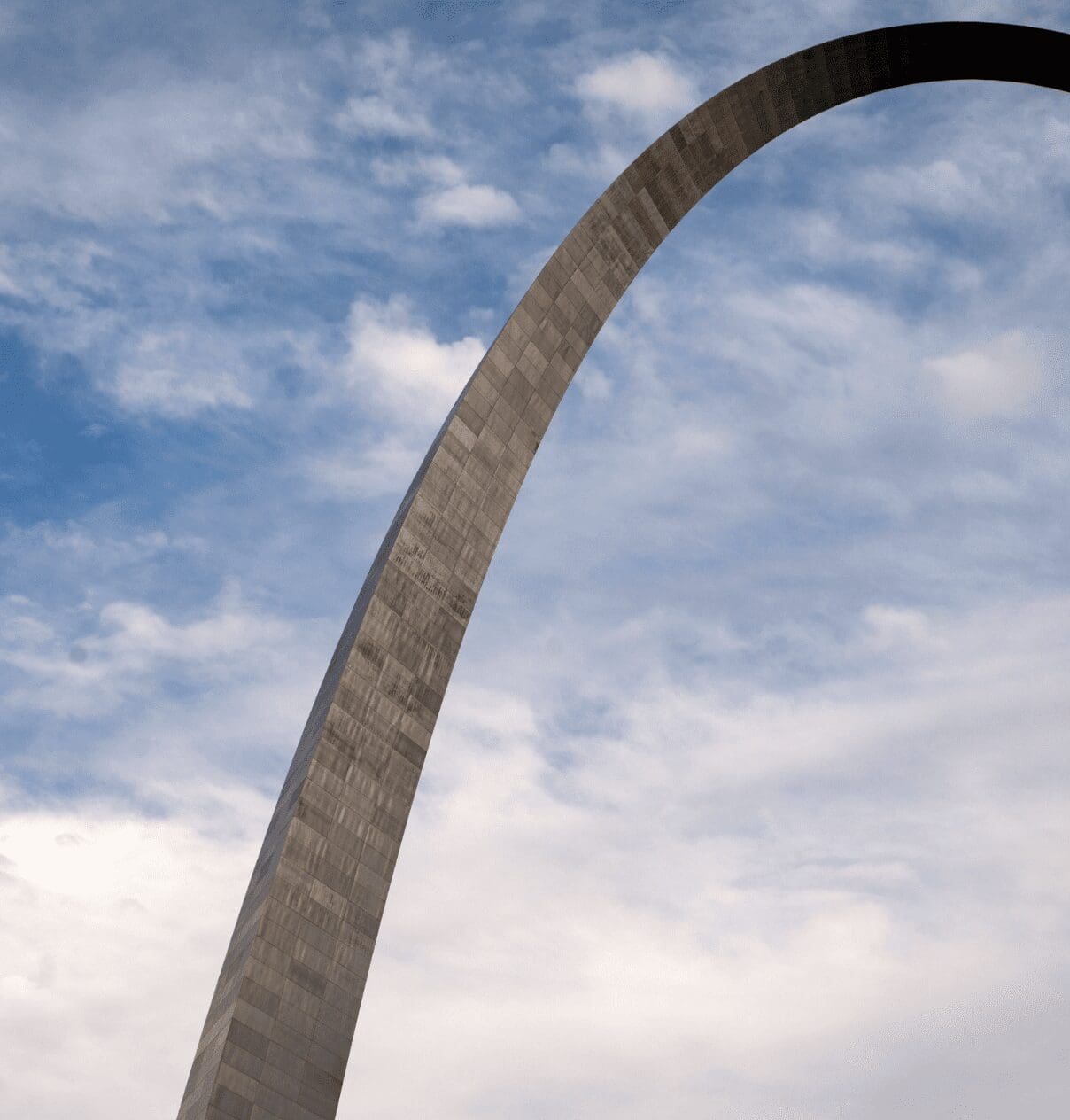By: Austin Huguelet
ST. LOUIS — Mayor Tishaura O. Jones’ administration is pushing a plan to pay for a guaranteed basic income program, a signature priority aimed at lifting up the city’s poor.
Alderman Shameem Clark-Hubbard, of the city’s northwest side, is set to introduce a bill Friday that would dedicate $5 million in federal pandemic aid for the program. The bill also budgets money to help people who’ve lost their homes, make a summer jobs program for youths year-round and expand health care offerings in the city.
Neither Clark-Hubbard nor the mayor’s office offered details on the guaranteed income plan.
Nick Desideri, a spokesman for Jones, said the administration is still reviewing how other cities enacted similar programs. The city wants to make sure it meshes well with other social services, he said.
Payments that push recipients’ income above thresholds for food stamps or other government benefits, for instance, might leave residents worse off.
Some aldermen were immediately skeptical, and questioned both whether the city could afford such a program and how long it might last.
“How do you choose who gets it?”
asked Alderman Marlene Davis, who represents neighborhoods in the city’s central corridor.
“I think it’s going to be tough to administer,” said downtown Alderman Jack Coatar, a candidate for aldermanic president in this Tuesday’s election.
Passage of the bill would take multiple votes of the Board of Aldermen. But, if enacted, the program could play a significant role in Jones’ plans to address poverty in the city. It would also add St. Louis to a growing list of cities experimenting with guaranteed basic income that already includes Baltimore, Chicago and Denver, and smaller cities like Birmingham, Alabama, and Columbia, South Carolina.
The modern push for a guaranteed income is decades old. In the 1960s, the concept found advocates in the Rev. Martin Luther King Jr., the Black Panther Party and President Richard Nixon, who actually got a plan through the U.S. House before it stalled in the Senate. More recently, it got a high-profile boost from 2020 Democratic presidential candidate Andrew Yang, who ran on promises of a $1,000 per month payment to adult U.S. citizens. And it’s been catching fire with progressive Democratic mayors.
Jones presided over a kind of pilot program here for roughly the past year. Using $5 million in federal coronavirus aid, the city sent one-time, $500 checks to more than 9,000 households with a median income of just over $1,100 per month.
Recipients had to be at least 18 years old, and city residents for at least a year.
The city then had recipients surveyed on how they spent it, and reported the results in September. Officials said top uses included food, utilities and gasoline for cars. Those results excluded ATM withdrawals and money transfers. Desideri said they couldn’t yet say how much money those categories accounted for.
Jones told reporters at the time that the responses revealed a “deep need” for financial help among city residents. She said she wanted to start a bigger program sending monthly payments to struggling households in the future.
She pointed out that initial results from a similar program in Stockton, California, showed the money helped people cover the basics and made them more likely to get full-time jobs.
Researchers have found that other efforts, like a program in Washington, D.C., can boost recipients’ mental health, ensure they get enough to eat, and help them better meet their children’s needs.
















